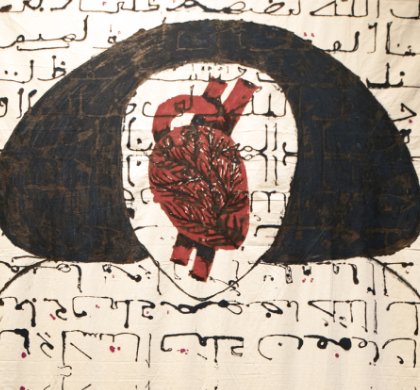
Note 53
The eight stories in Out of Print 53 give the reader intensely sharp views into the worlds inhabited by and seen through the lenses of their respective main characters.
‘Hussain’s Room’ by Prasanta Das, a fine first person narrative quietly embellished with fascinating historical tales about the region, features two history professors at a university in a small town, one of whom has died. The bureaucracy, politics and scandal of university life play into the story, as does essential human grace.
Deeply reflective and thoughtful, Nighat Gandhi’s intriguingly titled ‘You Should Never Be Here Too Much’ follows the thoughts of a woman who has come to recognise that she must find a way put her needs at the forefront even if the process seems overwhelming and obscure. A second story that explores the internal landscape of a woman’s life is Anuradha Kumar’s ‘Too Long Too Late’. The woman, a writer, walks through the pressures she felt through years of childlessness, and how that impacted her life, her writing, her marriage and her relationship with her family.
The lives, marriages and yearnings of three women unfurl in different ways as they prepare the flower decorations for a marriage function in Farah Ahamed’s ‘The Man in Shalimar Gardens’. They work through a smog-ridden blistering hot day, ensuring the flowers retain their freshness till the evening, their sharing triggered by a splendid young man exercising on the premises.
Two of the stories, coincidentally, are set in coastal Kerala, in Fort Kochi. In ‘Caller Tune‘ by Rose Alexis, a young woman takes a bus journey to visit the biennale with someone she calls ‘Boy’, an adventure. When she kisses him, she finds, he ‘wasn’t shy anymore. He was a monkey. Boy was a spider and he was a cat.’ This is a story about bridging worlds, about youth, the pressures of societal judgement and the need to fit in. In the other story, Russell Nichol’s ‘The Catch and the Catch’ a creature emerges from the sea. The drama of faraway lightening forms a backdrop to this speculative fiction story which features at its centre, a young boy Udayan, draws on the legend of Mahabali, and is ultimately about heroism, and maternal love and understanding.
The fear and escape mechanisms of a brutalised woman are explored in Aashika Suresh’s ‘Until it Beats’, the title drawing attention to the pulsing of the heart. The setting and the context are not explained, but provide a plausible background to the episodes that the woman endures, leading the reader deep into her nightmare world.
‘Dadi’ by Bushra Khalique is clear-lensed portrait of a grandmother in a joint family. The matriarch, driven by the demands of her need for companionship, her desire to retain dominance, and her hunger must strategise her actions to get what she wants, revealing in the process, the complexity of multi-generational family dynamics.
In Indu Menon’s ‘The Pale Face – A Love Story’, transcribed and translated by Unnikrishnan Edathatta, a profound link is formed between a neighbourhood boy and girl he befriends in the seemingly abandoned house where she has been held captive. The story that takes the reader wading through canals, and traversing nations over decades, is finally about the depth of love and human connection.
The art on the cover of Out of Print 52 is by Arshi Irshad Ahmadzai.
